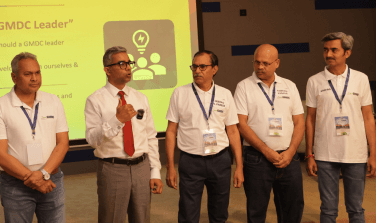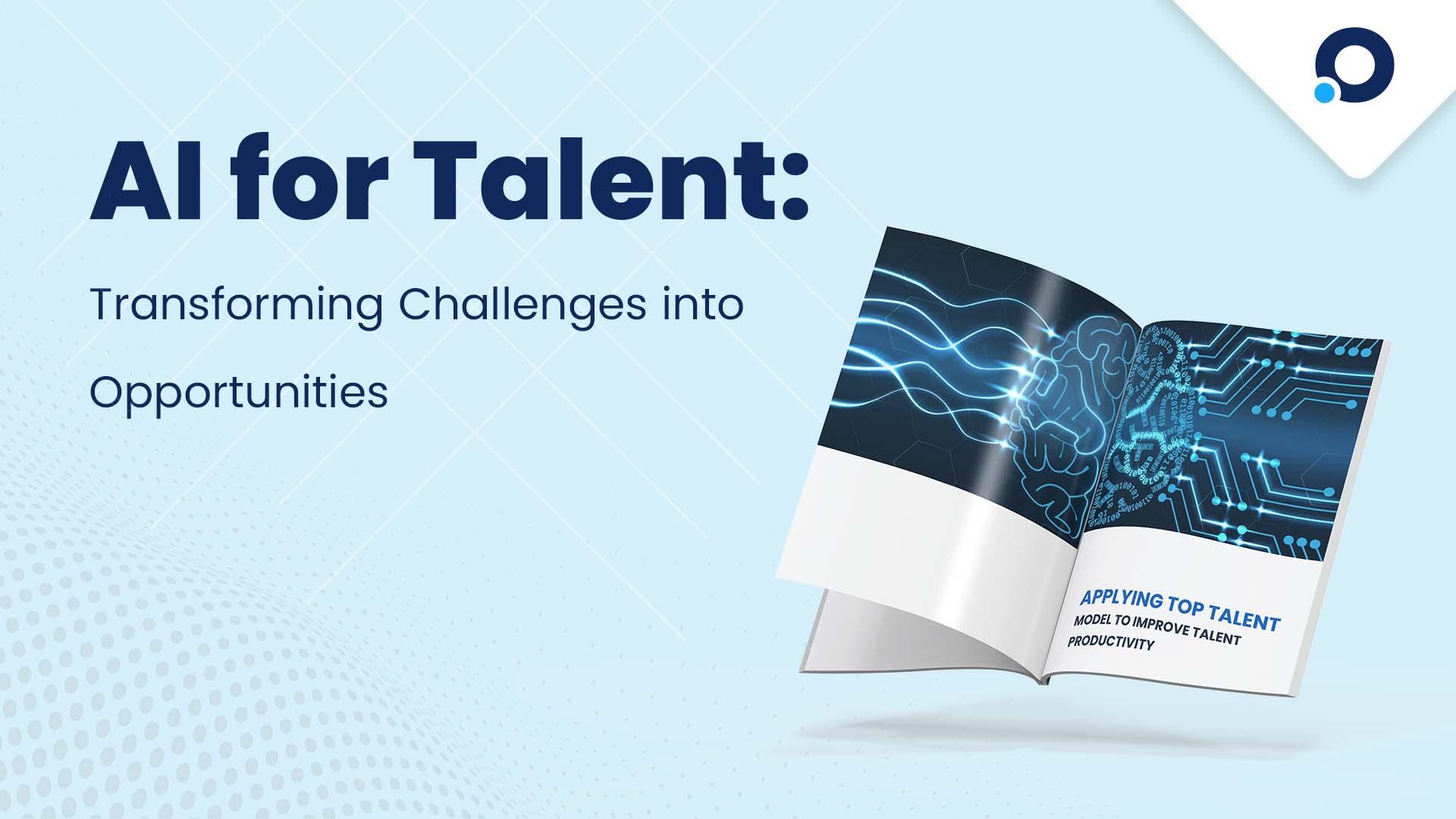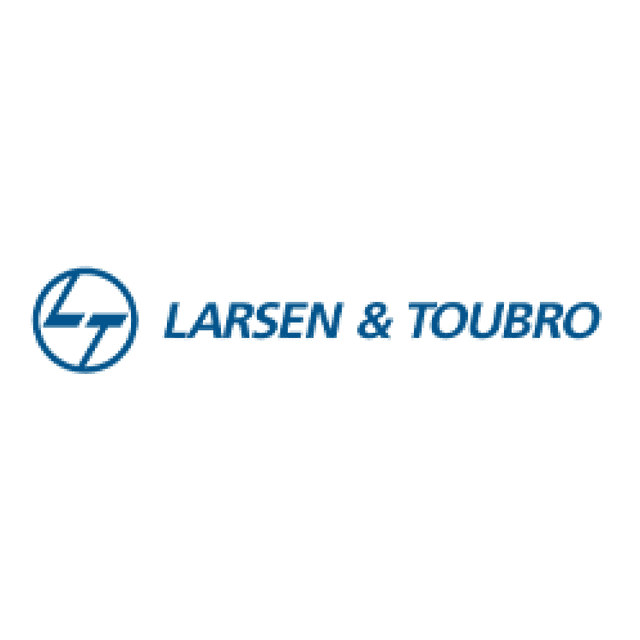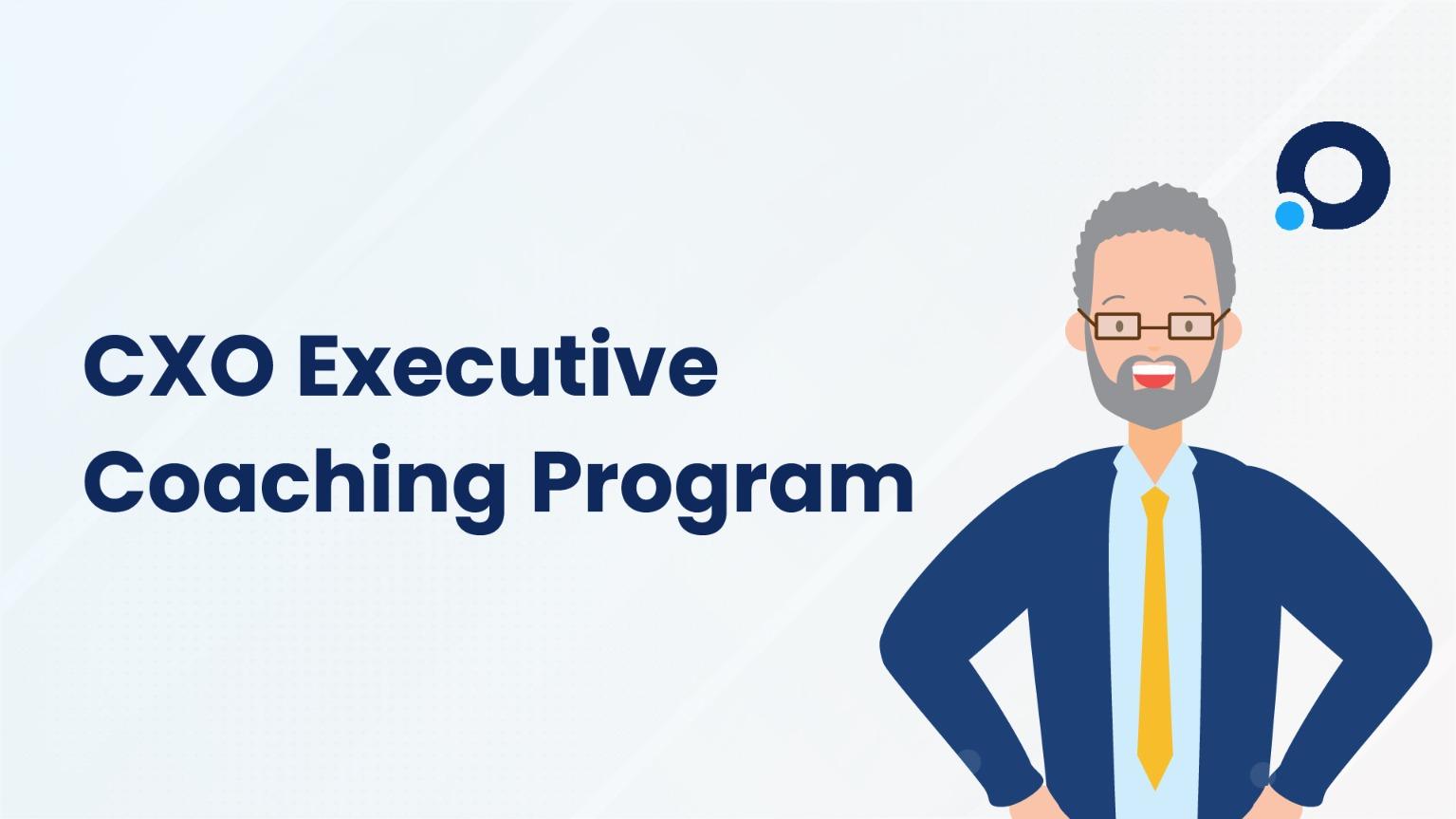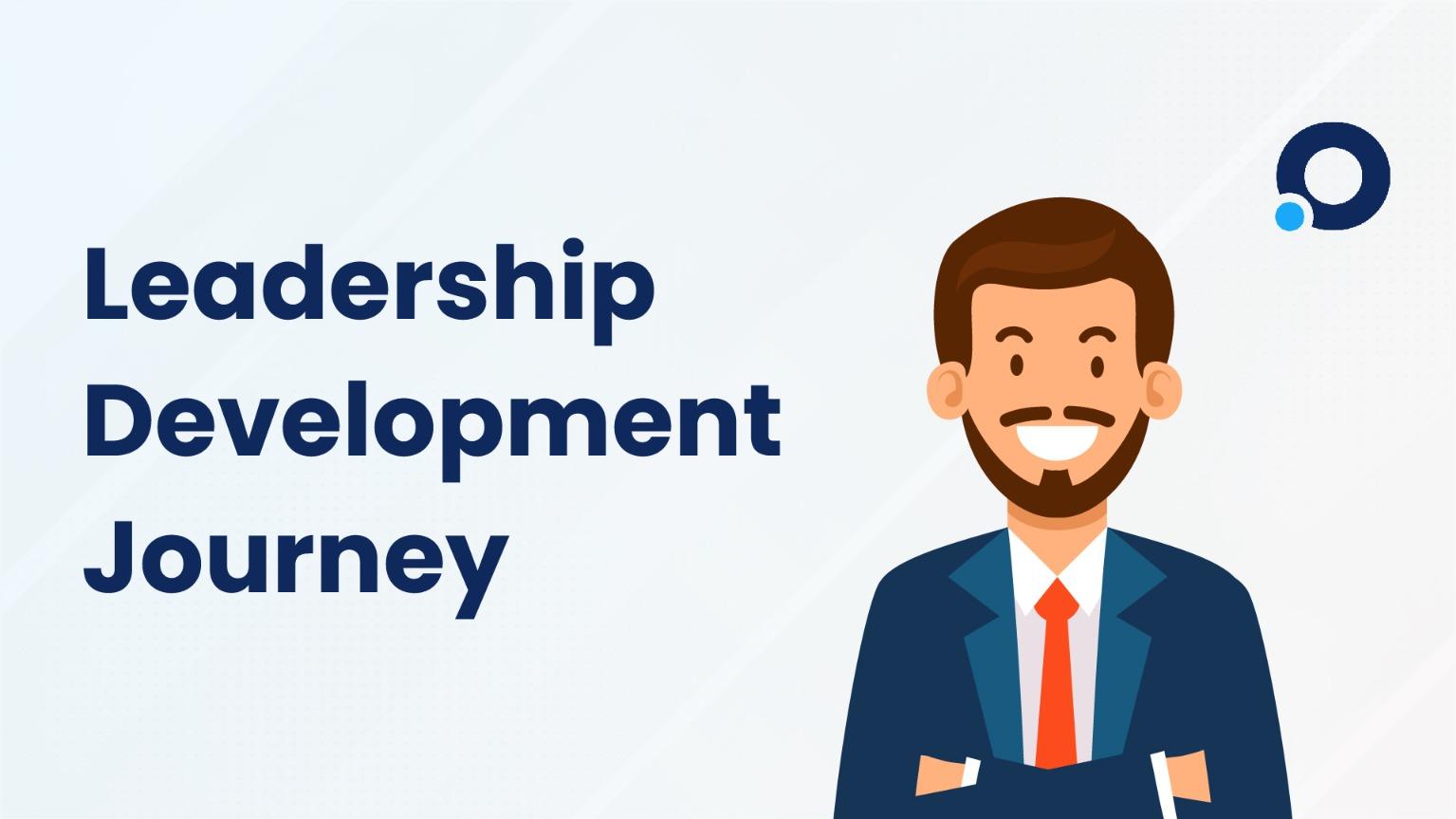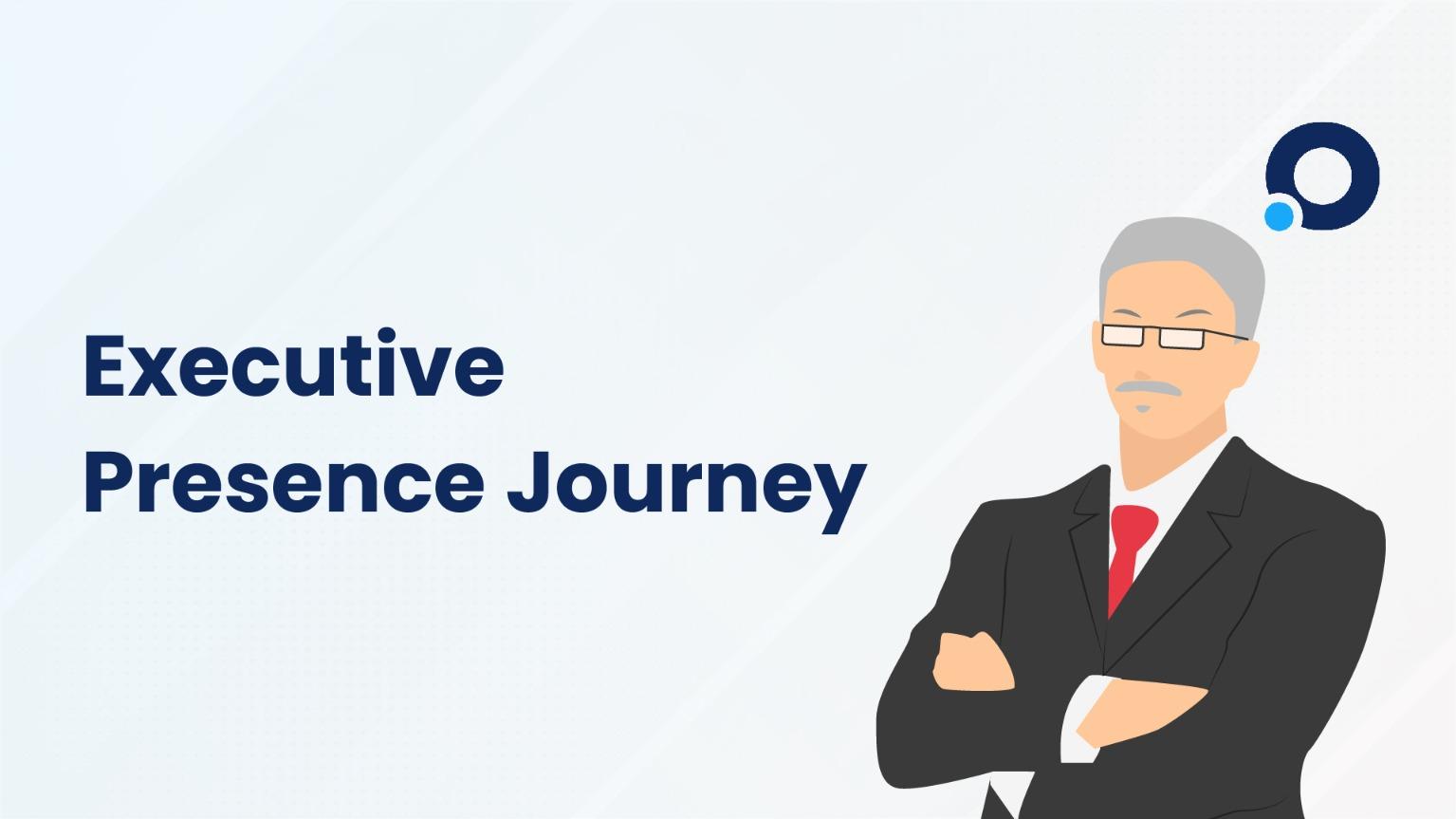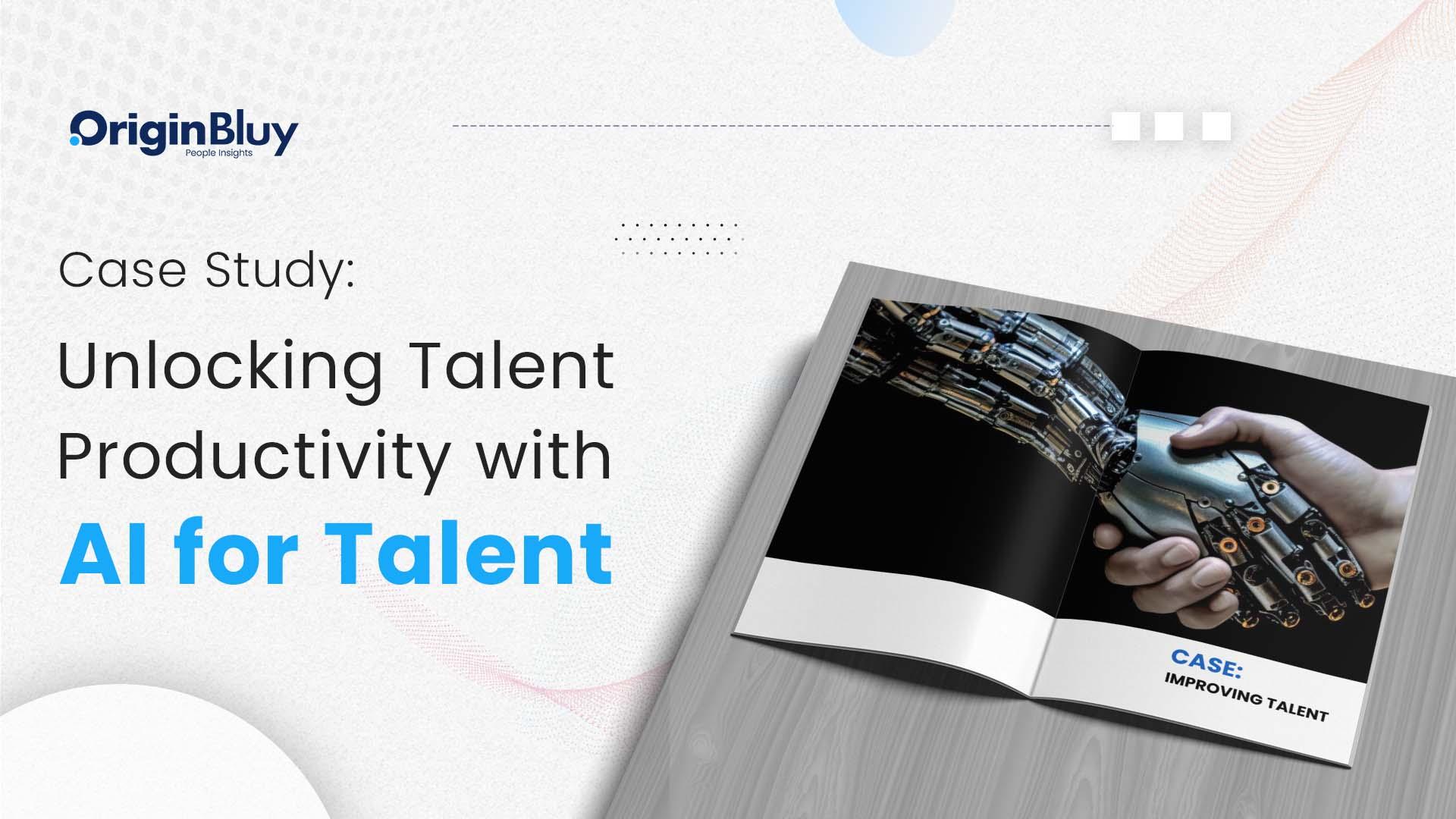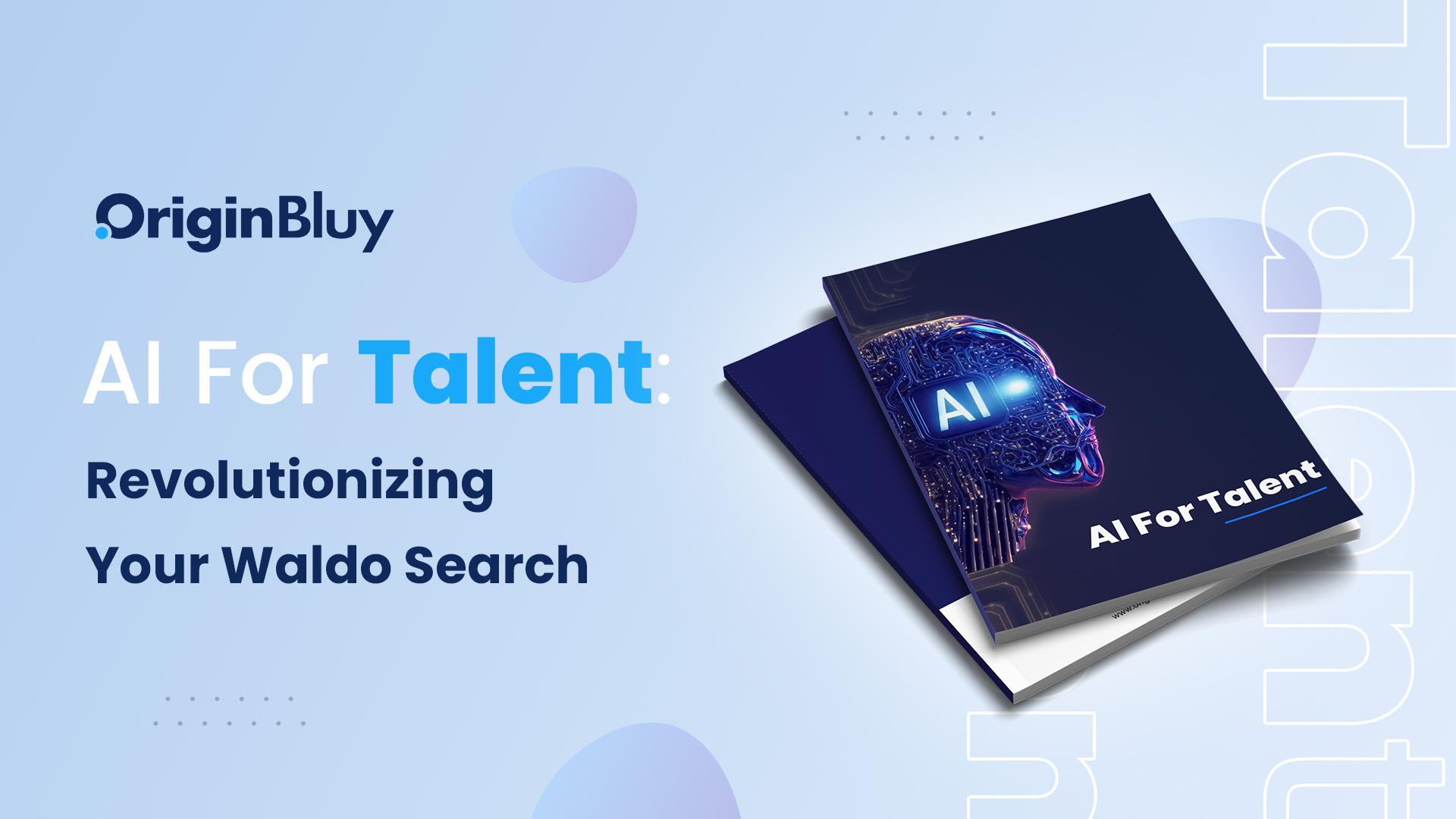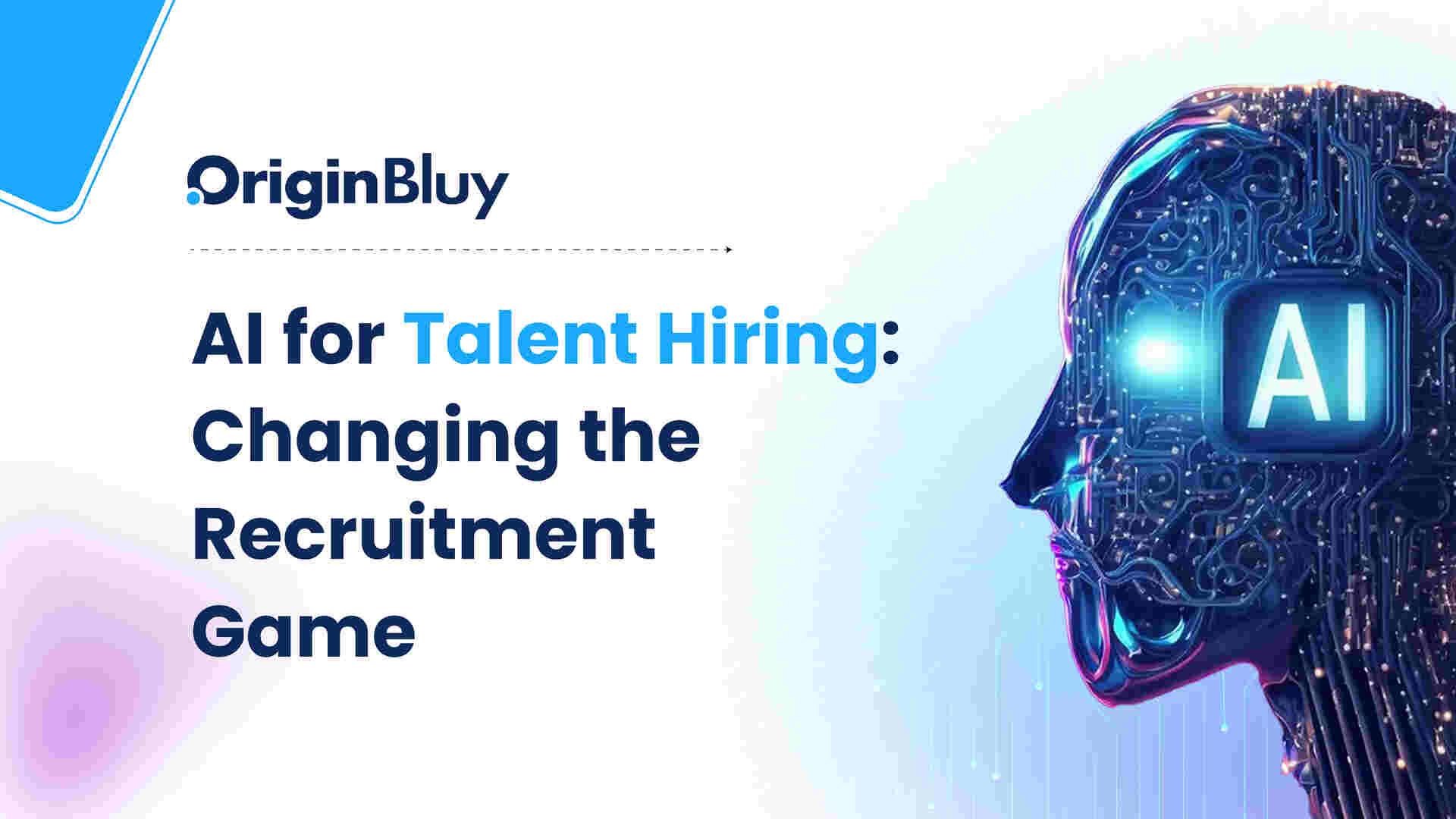Imagine a future where talent challenges are not just managed but transformed. That future is now, with Artificial Intelligence (AI) leading the charge in revolutionizing how organizations approach talent management.
An impressive 72% of HR professionals now recognize AI's significant impact on recruiting, onboarding, leadership development, and more. Our in-depth white paper cuts through the noise, showcasing how AI for talent is not a distant dream but a current reality, reshaping the very fabric of skill management strategies.
AI is breaking new ground, offering smarter, more efficient approaches to overcoming traditional challenges and enhancing every facet, from hiring to employee development.
This blog, inspired by our white paper, unveils AI-driven solutions to the core issues, such as optimizing hiring practices, refining onboarding experiences, realizing the full potential of leadership development programs, and deriving actionable insights from attrition.
Dive into how AI integration into people management not only addresses these hurdles but also opens doors to unparalleled efficiency and success in building and retaining a superior workforce.
Hiring Right: AI's Transformative Approach
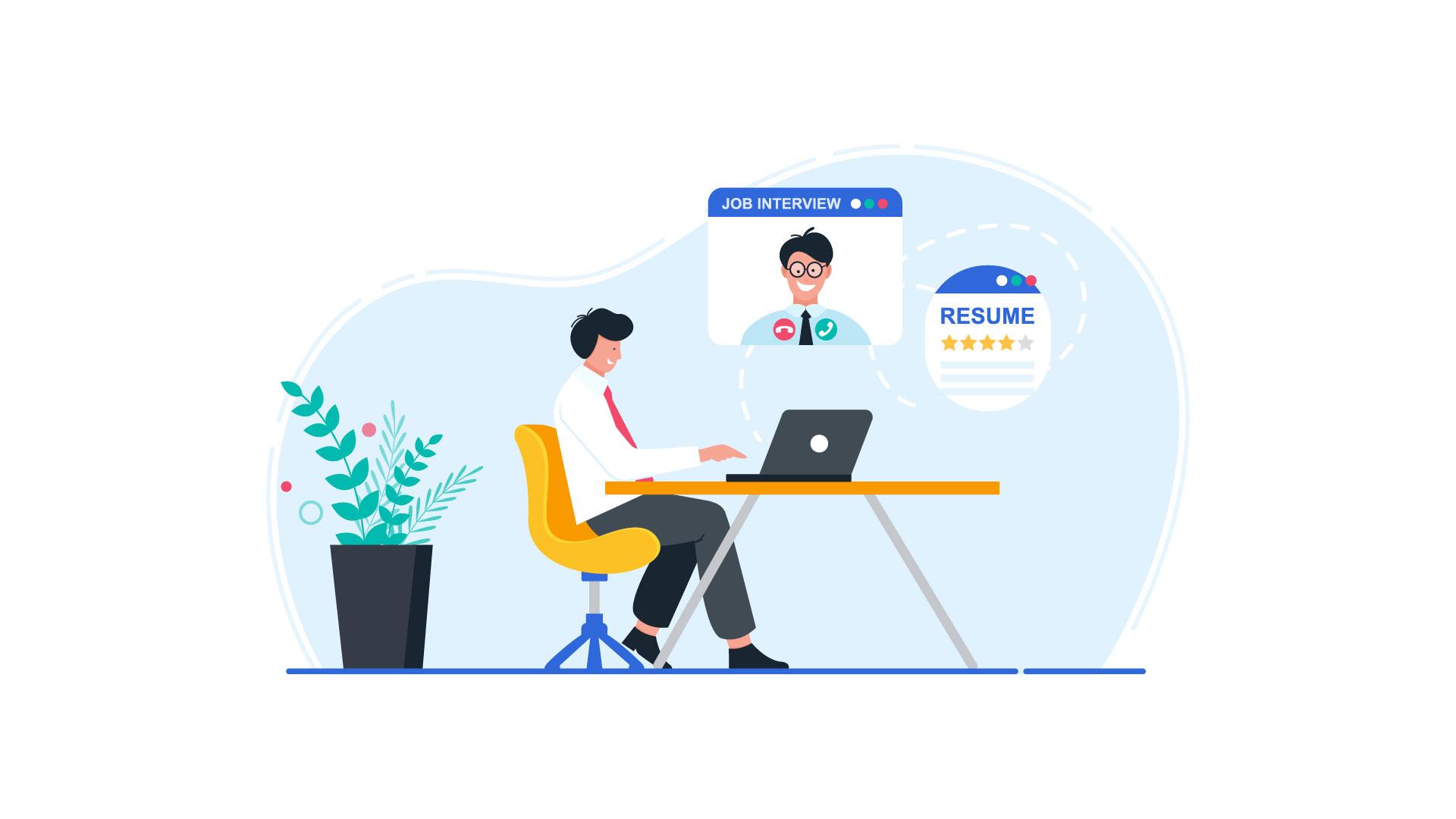
The challenge of hiring the right talent has perennially been similar to the childhood game, “Finding Waldo” in organizations worldwide. Traditional methods, while somewhat effective, often fall short of addressing the subtle needs of the modern workplace. This is where AI steps in, revolutionizing the hiring process in ways previously unimagined.
AI is fundamentally changing the game by enhancing precision in identifying talent, ensuring cultural fit, and streamlining the onboarding process. Through the power of advanced data analytics, AI tools can sift through extensive data sets to pinpoint candidates who not only possess the required skills but also align with the organization's unique culture and values.
This precision in matching talent with organizational needs marks a significant leap from traditional hiring practices, directly impacting long-term engagement and retention positively.
Streamlining Onboarding: AI’s Role in Seamless Integration
The onboarding process is a critical phase in the employee lifecycle, pivotal for retention and long-term engagement. Yet, many organizations encounter stumbling blocks, with a generic and unengaging approach leading to early disengagement and, in some cases, premature exits. The challenge lies not just in welcoming new hires but in ensuring their smooth and effective integration into the organization.
Enter AI, revolutionizing onboarding by offering a tailored and insightful experience for both new hires and their managers. For new employees, AI-driven models ensure they are not just prepared on paper but are genuinely ready to thrive in their new roles.
By providing personalized insights based on an analysis of vast amounts of data, these models help new hires acclimate more efficiently, aligning their skills and expectations with the organization's culture and goals.
Managers, too, benefit significantly from AI in the onboarding process. Armed with detailed insights about the new hire, managers can customize their welcome and support strategies to suit individual needs and preferences. This personalized approach goes a long way in fostering a nurturing environment from the outset, making new employees feel valued and understood.
The impact of AI on making first impressions cannot be overstated. By bridging the gap between new hires and their managers with critical insights and tailored strategies, AI sets the foundation for a positive, productive, and enduring work relationship.
Maximizing L&D Impact: AI's Role in Talent Development

The challenge of gauging the tangible impact of Learning and Development (L&D) initiatives is a familiar hurdle for organizations. The difficulty lies in bridging the gap between substantial L&D investments and their visible, quantifiable outcomes on workforce capability and business performance.
AI is transforming this landscape by offering a sophisticated approach to identifying skill gaps, evaluating the effectiveness of L&D efforts, and ensuring adaptability in talent development strategies. This capability to pinpoint exactly where and how L&D initiatives can be most impactful marks a significant shift from traditional, less targeted approaches.
With AI, organizations gain the ability to assess the real-world application of L&D programs, tracking progress and measuring impact with unprecedented precision. This not only allows for more strategic investment in talent development but also ensures that L&D initiatives are directly aligned with organizational goals and needs.
In essence, AI enables a more dynamic, responsive approach to talent development, ensuring that L&D programs are not just educational activities but strategic tools for building a future-ready workforce.
Learning from Exits: AI's Approach to Turning Them into Insights
The departure of employees is an inevitable aspect of organizational life, but it also presents a unique opportunity to learn and improve. Traditional exit interviews are the primary tool for gathering insights from departing employees, yet the effectiveness of these interviews is often compromised. Many employees, cautious of burning bridges, may withhold honest feedback or offer sanitized versions of their reasons for leaving. Furthermore, the sheer volume of data collected from these interviews can overwhelm HR departments, leading to valuable insights being ignored or lost in the shuffle.
The solution lies in leveraging AI to automate and enhance the process of learning from attrition. AI can transform exit interviews from a formality into a powerful source of actionable insights. By analyzing trends and patterns in the data collected, AI can identify underlying issues that may not be immediately apparent, such as gaps in management practices, areas needing cultural improvement, or systemic challenges within the organization.
Moreover, AI's capability extends beyond mere analysis. It can prioritize issues based on their impact, suggesting targeted interventions such as specific coaching or training programs to address these gaps. This ensures that organizations are not just collecting feedback but actively using it to foster a more positive, productive, and engaging work environment.
By automating the analysis of exit interview data, AI provides a scalable solution to understanding and acting upon the reasons behind employee turnover. This approach not only streamlines the process but also uncovers deep insights that can lead to meaningful organizational improvements.
Unlocking the Future of HR: AI for Talent Mastery
In the quest to navigate and overcome the complexities of modern talent management, AI for Talent emerges as a pivotal ally. From revolutionizing hiring processes to personalizing onboarding experiences, from maximizing the impact of L&D programs to transforming attrition into actionable insights, AI offers a comprehensive toolkit for addressing the most pressing talent challenges.
Each solution not only tackles specific issues but also contributes to a broader strategy that enhances organizational agility, employee satisfaction, and business outcomes.
Embracing AI for Talent enables organizations to leap from traditional, often ineffective methods to dynamic, data-driven strategies that adapt and evolve with the workforce's needs. This transformation is not just about solving problems; it's about reimagining what's possible in talent management, leadership development, and organizational growth.
To dive deeper into these solutions and discover how AI can revolutionize your talent management strategy, we invite you to download our white paper.
Packed with insights, strategies, and real-world applications, our white paper is your guide to unlocking the full potential of AI in your talent management efforts.






